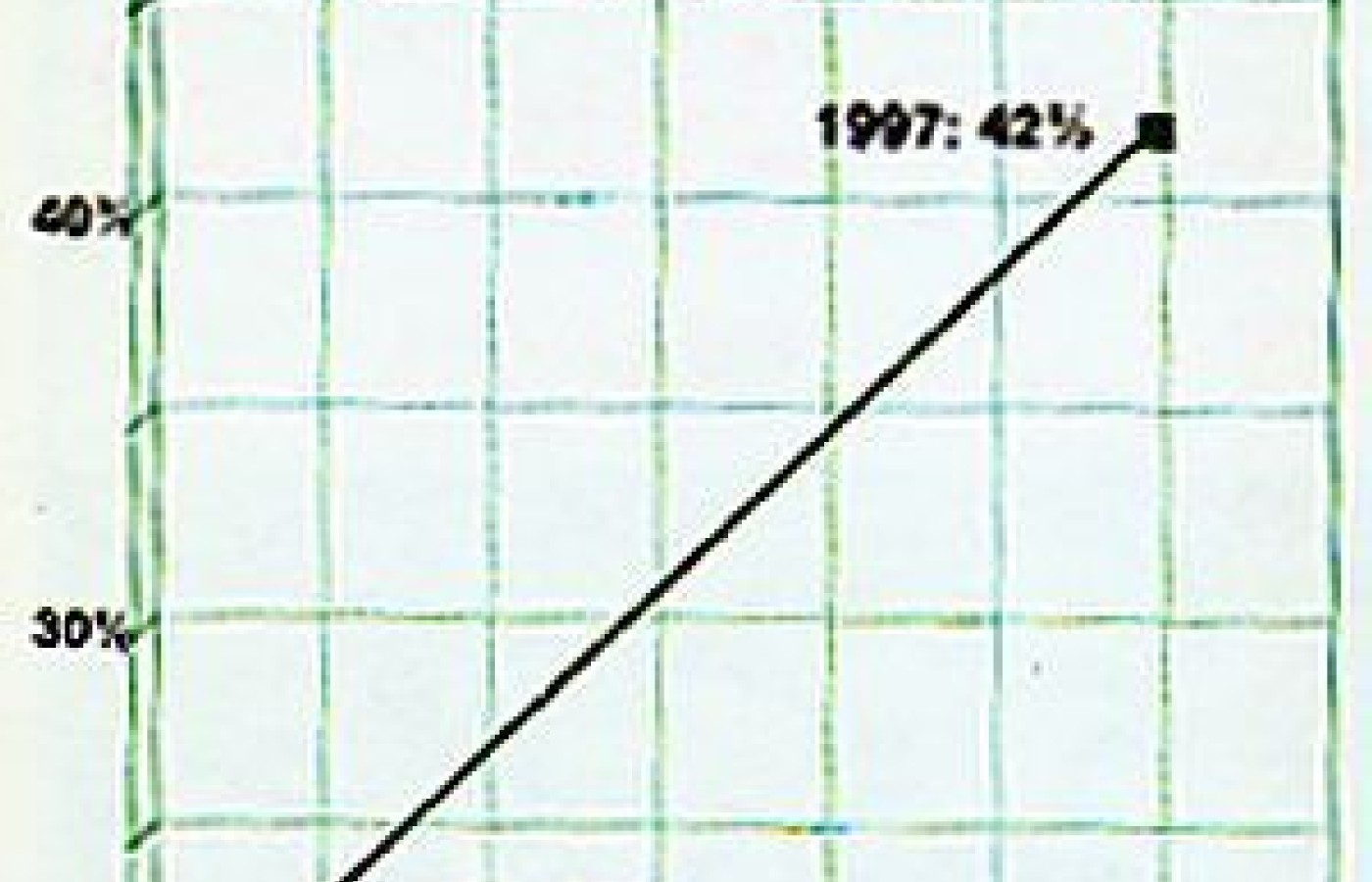It’s a new year and many chiropractors are evaluating what will enhance their respective practices, particularly as it relates to their bottom line. One of the most common questions I get is: “Do I need to be credentialed to bill insurance, and what are the best plans to join?” It’s a loaded question – but one every DC ponders. Whether you're already in-network or pondering whether to join, here's what you need to know.
Canadian Poll Details "Alternative Medicine" Use
Of the 42% Canadians who use alternative medicine, 59% (25% of all Canadians) use chiropractic, more usage than any other alternative medicine.
A poll of Canadian adults conducted by the Angus Reid Group reveals many interesting facts about users of "alternative medicine" in Canada. A representative cross section of 1,200 Canadians were polled by telephone August 22-24, 1997. This is a summary of the findings:
User Profile:
- 42% of Canadians use alternative medicine.
- Those more likely to report using alternative medicine were:
- residents of British Columbia (56%);
- females (55%);
- in the 35-54 age group (49%);
- annual household income of $60,000 or more (52%).
- Of the 42% who use alternative medicine 55% (or 23% of all Canadians) have been using it for over five years.
Use of alternative medicine increases with age:
- 40% of Canadians aged 18-34 started using alternative medicines over five years ago;
- 57% of those between the ages of 35 and 54;
- 67% among Canadians aged 55 and older.
The overall use of alternative medicine among all Canadians has grown dramatically by 81% over the past five years. Five years ago, only 23% used alternative medicine, compared to the current 42%.
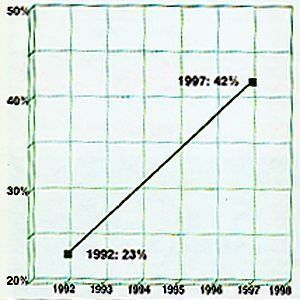
This growth pattern differs with each age group:
- 146% growth (over past five years) among Canadians 18-34;
- 76% growth among Canadians 35-54;
- 49% growth among Canadians 55 years and older.
Of the 42% who use alternative medicine, 59% (25% of all Canadians) use chiropractic, more often than any other alternative medicine; followed by herbology (23% or 10% of all Canadians); acupuncture (22% or 9% of all Canadians); and homeopathy (18% or 8% of all Canadians).
Of the 42% who use alternative medicine 80% feel that it is either "very" (32%) or "somewhat" (48%) important to their own personal health.
Of the 42% who use alternative medicine, 90% are either "very" (48%) or "somewhat" (42%) satisfied with the alternative medicine they have used.
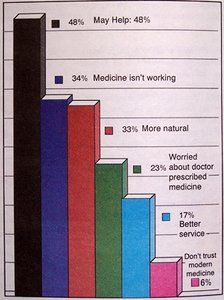
Reasons for Using Alternative Medicine
Of the 42% of Canadians who use alternative medicine, here's way they choose to do so:- (48%) because "alternative medicines and practices don't hurt you and may help a bit";
- (34%) "regular medicines on their own aren't working for me";
- (33%) "alternative medicines and practices are more natural";
- (23%) "worried about doctor prescribed medicines and practices";
- (17%) "get better service from alternative medicine providers than from the regular health care system";
- (6%) "don't trust modern medicine and practices."
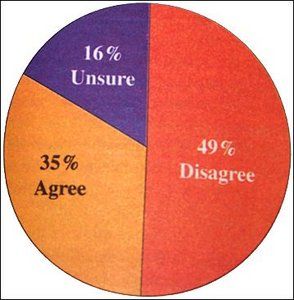
Long-Term Negative Effects:
- 49% of Canadians disagree either "strongly" (17%) or "somewhat" (32%) that "many alternative medicines and practices may have long-term negative effects on the health of people who use them";
- in comparison, 35% agree either "strongly" (10%) or "somewhat" (25%) the "many alternative medicines and practices may have long term negative effects on the health of people who use them";
- 6% are unsure.

Covering Alternative Medicines and Practices under Provincial Health Care Plans:
- 70% of Canadians agree either "strongly" (33%) or "somewhat" (37%) that "our provincial health care plans should pay for alternative medicines and practices the same way that they pay for treatments and medicines prescribed by doctors";
- 27% either "strongly" (12%) or "somewhat" (15%) disagree;
- 3% are undecided.
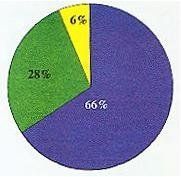
Cost Implications of Using Alternative Medicines and Practices:
- 66% of Canadians agree either "strongly" (29%) or "somewhat" (37%) that "the government should encourage people to use alternative medicines and practices because it could help to reduce the cost of our health care system";
- 28% either "strongly" (13%) or "somewhat" (15%) disagree with this statement;
- 6% undecided.
